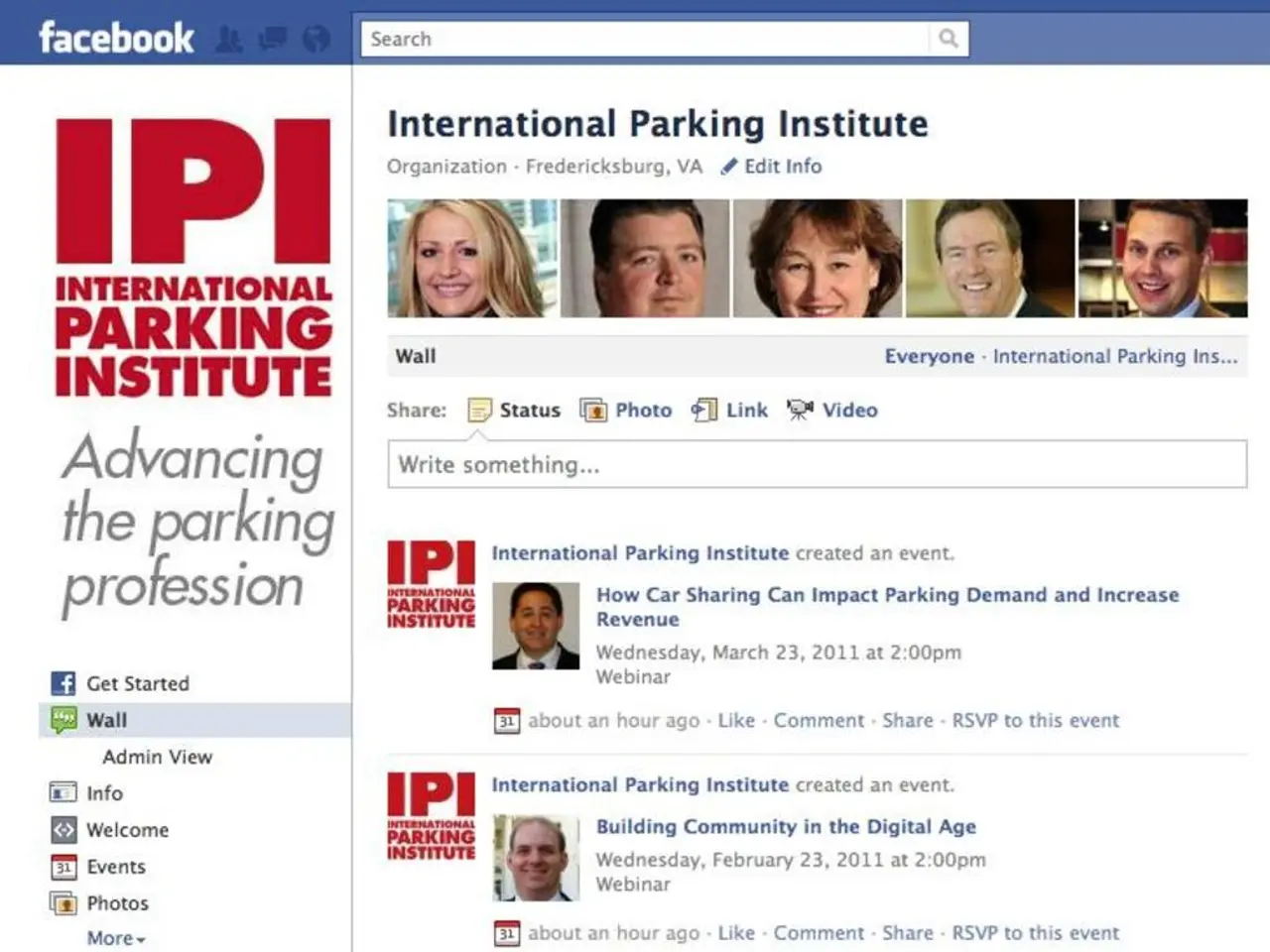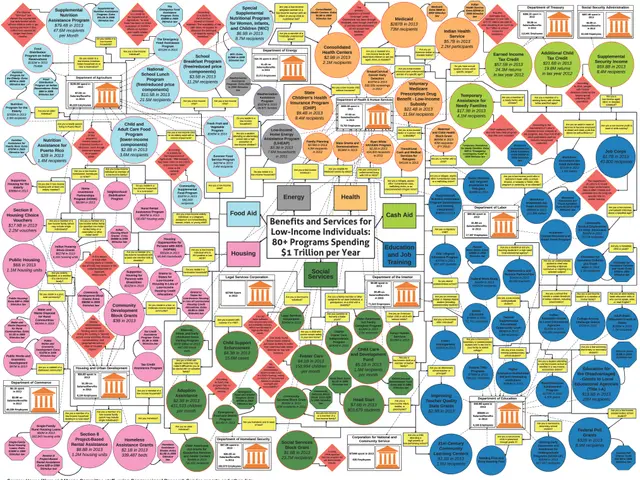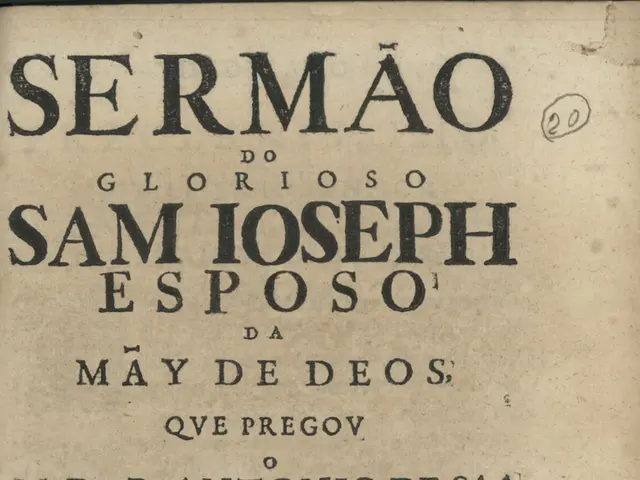Contemporary Festivities: Secularizing Ancient Traditions into Digitized Festivals
In today's digital age, the landscape of celebrations has undergone a significant transformation. Gone are the days when celebrations were primarily about sacred vows exchanged between partners and family gatherings in person. Now, meticulous planning for Instagram-worthy moments and viral potential on TikTok and other social media platforms has become the focus (1, 2).
Traditional celebrations, such as weddings, birthdays, religious holidays, and milestones, are now commonly shared on platforms like Instagram, TikTok, and Facebook (3). This shift has been gradual, with the rise of social media gradually changing the dynamic of family moments being broadcasted to the world (4).
This transformation is evident in the case of Mike Heiter and Leyla Heiter, who gained notoriety for their "Insta-Wedding" at the Amalfi Coast, which was live-streamed and extensively documented on Instagram and other media (5). Similarly, small village weddings in Italy can now go viral on TikTok, reaching millions, and transforming into global spectacles (6).
However, this shift towards visibility comes with its challenges. The deeper spiritual and cultural meanings of religious and cultural rituals are at risk of being diluted or misrepresented when shared on social media (7, 8). Hashtags like #Blessed or #FaithInspiration are added to religious ceremonies, sometimes overshadowing the true spiritual significance of the ceremony (9).
Moreover, the sense of privacy once held dear in these events is compromised as every moment is shared, commented on, and sometimes even scrutinized on social media (10). This is further exacerbated by the influence of influencer culture, which has popularized the trend of turning personal milestones into public, curated events (11).
Parents-to-be are often seen promoting baby products on Instagram, while brides share their dress choices through affiliate links (12). Influencers have also popularized the concept of turning personal milestones into brand collaborations or opportunities for sponsored posts (11).
The balance between authentic celebration and performative sharing has never been more delicate (13). However, the future may involve a hybrid approach-blending traditional, intimate celebrations with the digital world's demand for visibility (14). The globalization of personal moments has made traditional celebrations from specific cultures or communities receive worldwide attention (15).
This commercialization of life's most intimate moments is not only a growing trend among celebrities but also among everyday individuals (16). The rise of "wedding trends" and the influence of celebrities have shaped the idea of what a wedding should look like, with hashtags like #weddinggoals or #bridegoals becoming widespread (17).
In conclusion, the digital age has reshaped how we view celebrations, leading to a shift from intimate gatherings to public spectacles. While this transformation offers opportunities for global attention and brand collaborations, it also poses challenges in maintaining the spiritual and cultural significance of these events. The future may lie in finding a balance between the two, creating a hybrid approach that respects tradition while catering to the demands of the digital world.
Read also:
- Peptide YY (PYY): Exploring its Role in Appetite Suppression, Intestinal Health, and Cognitive Links
- Toddler Health: Rotavirus Signs, Origins, and Potential Complications
- Digestive issues and heart discomfort: Root causes and associated health conditions
- House Infernos: Deadly Hazards Surpassing the Flames








